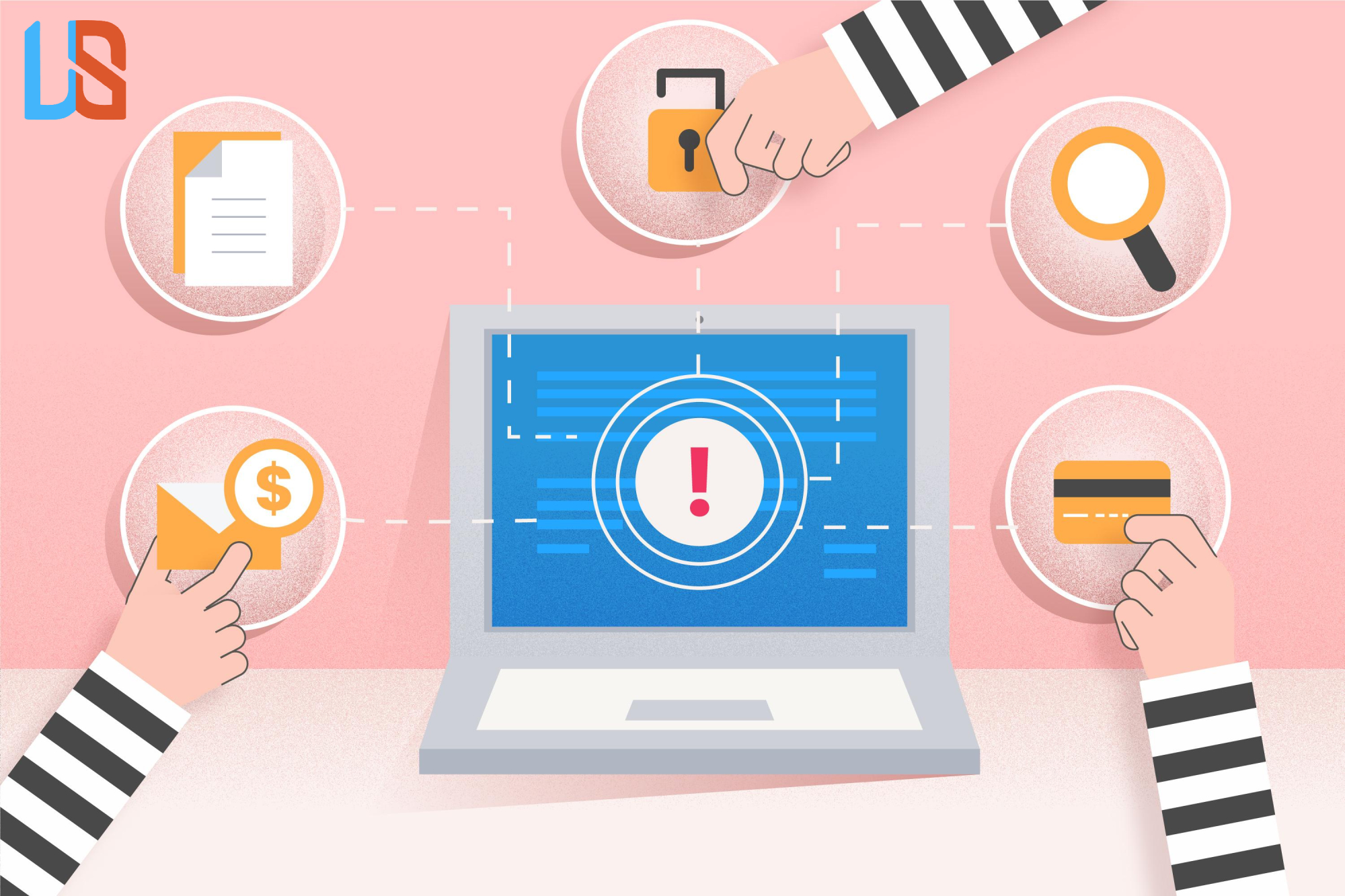
In today’s digital landscape, website security is of paramount importance. With the increasing prevalence of cyber threats and data breaches, implementing robust security measures is essential to protect sensitive information and maintain the trust of your users. In this article, we will discuss some of the essential security measures you should consider implementing on your website.
Introduction
Website security involves protecting your website from unauthorized access, data breaches, malware, and other cyber threats. By implementing the following security measures, you can enhance the protection of your website and safeguard your valuable data.
Secure Sockets Layer (SSL) Certificate
An SSL certificate encrypts the communication between a user’s browser and your website, ensuring that sensitive information such as passwords, credit card details, and personal data remains secure. Having an SSL certificate installed on your website not only enhances security but also improves trust among users, as they can see the padlock symbol and “https” in the website URL.
Regular Software Updates
Keeping your website’s software, including the content management system (CMS), plugins, and themes, up to date is crucial for security. Software updates often include security patches that address vulnerabilities discovered in previous versions. Regularly check for updates and apply them promptly to minimize the risk of exploitation by cybercriminals.
Strong Password Policies
Enforcing strong password policies for user accounts is an effective security measure. Encourage users to create unique passwords that are a combination of uppercase and lowercase letters, numbers, and special characters. Implement password complexity requirements and enforce password changes at regular intervals to reduce the risk of password-related attacks.
Two-Factor Authentication (2FA)
Two-Factor Authentication adds an extra layer of security by requiring users to provide an additional verification method, such as a unique code sent to their mobile device, along with their password. This method adds an additional barrier for unauthorized access and significantly reduces the risk of successful brute-force attacks or stolen passwords.
Web Application Firewall (WAF)
A Web Application Firewall acts as a barrier between your website and potential threats, filtering out malicious traffic and protecting against common web-based attacks, such as SQL injection and cross-site scripting (XSS). Implementing a WAF can help detect and block suspicious activities, ensuring the security and integrity of your website.
Malware Scanning and Removal
Regularly scanning your website for malware is crucial to detect and remove any malicious code or files that could compromise security. Utilize security plugins or online scanning tools to identify potential threats and take appropriate action to remove them promptly.
Regular Data Backups
Regularly backing up your website’s data is essential in case of security breaches, data loss, or website malfunctions. Store backups in secure off-site locations or cloud storage platforms. This allows you to restore your website to a previous, known-good state in the event of a security incident or data loss.
Access Control and User Permissions
Implementing strict access control measures and assigning appropriate user permissions is crucial for website security. Limit access to sensitive areas of your website to authorized personnel only. Regularly review user accounts and remove inactive or unnecessary accounts to minimize the risk of unauthorized access.
Security Plugins and Tools
Utilize security plugins and tools specifically designed to enhance website security. These tools can provide features such as real-time monitoring, file integrity checks, blacklist monitoring, and security notifications. Choose reputable and frequently updated plugins to ensure the effectiveness of your security measures.
Employee Training and Awareness
Educating your employees about website security best practices is essential for maintaining a secure online environment. Train your staff on topics such as phishing awareness, safe browsing habits, password security, and recognizing suspicious activities. Encourage them to report any security concerns promptly.
FAQs
An SSL certificate encrypts the communication between a user’s browser and the website, ensuring the secure transmission of sensitive information. It is important for protecting user data, establishing trust, and improving search engine rankings.
It is recommended to regularly check for software updates and apply them promptly. This could be monthly or more frequently, depending on the nature of the software and the frequency of security updates released by the developers.
Two-factor authentication is an additional layer of security that requires users to provide two forms of verification, typically a password and a unique code sent to their mobile device, to access their accounts. It adds an extra barrier against unauthorized access.
A web application firewall acts as a protective barrier between your website and potential threats, filtering out malicious traffic and blocking common web-based attacks. It helps detect and prevent attacks such as SQL injection and cross-site scripting.
Employee training and awareness play a crucial role in maintaining a secure online environment. Training employees on security best practices helps prevent security incidents, such as falling victim to phishing attacks or inadvertently compromising sensitive information.
Conclusion
Website security should be a top priority for every website owner. By implementing essential security measures such as regular software updates, strong passwords and authentication, SSL certificates, web application firewalls, backups, malware scanning, user access control, security audits, and user education, you can protect your website from potential threats and ensure the safety of your data and users.





